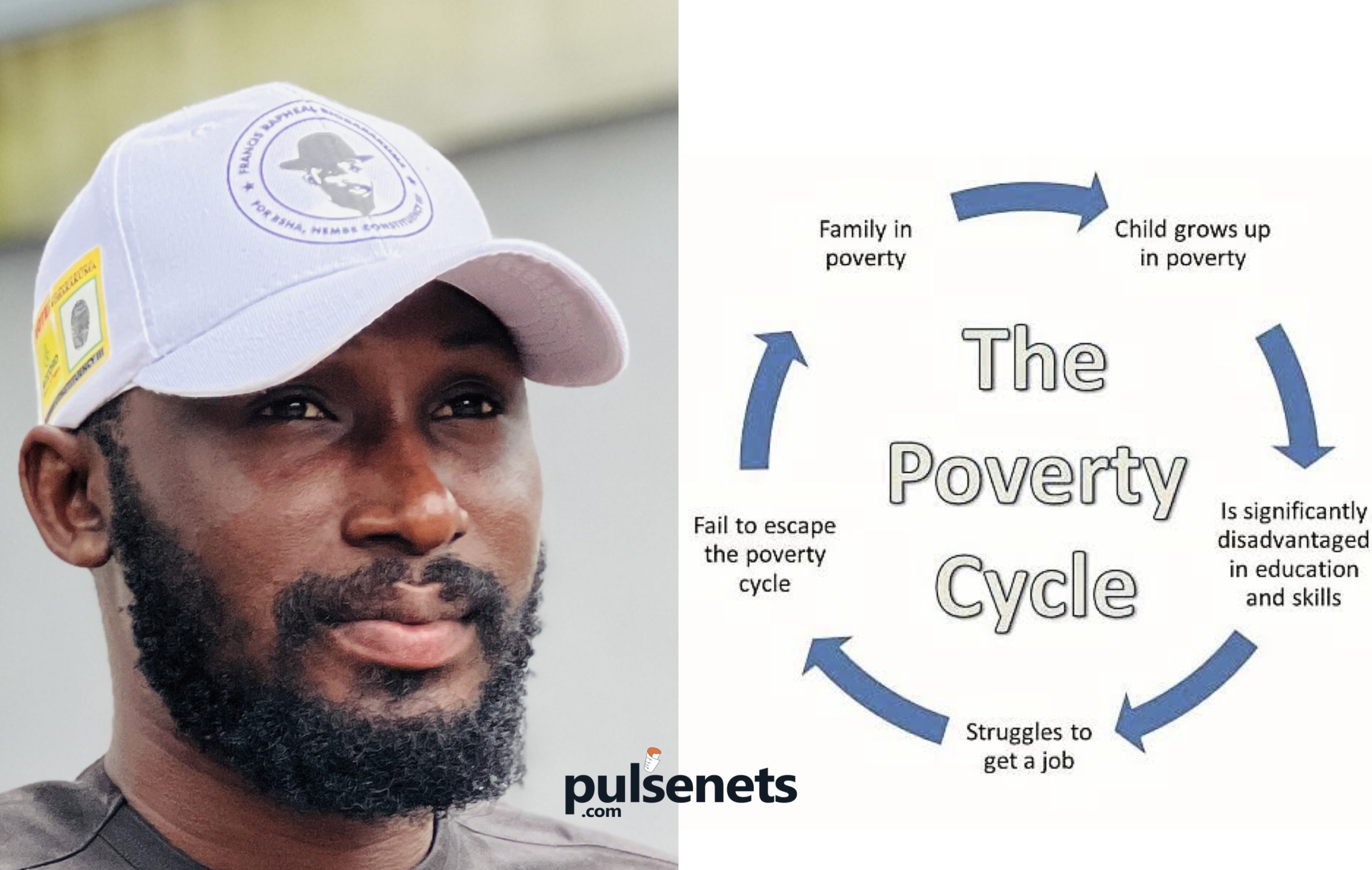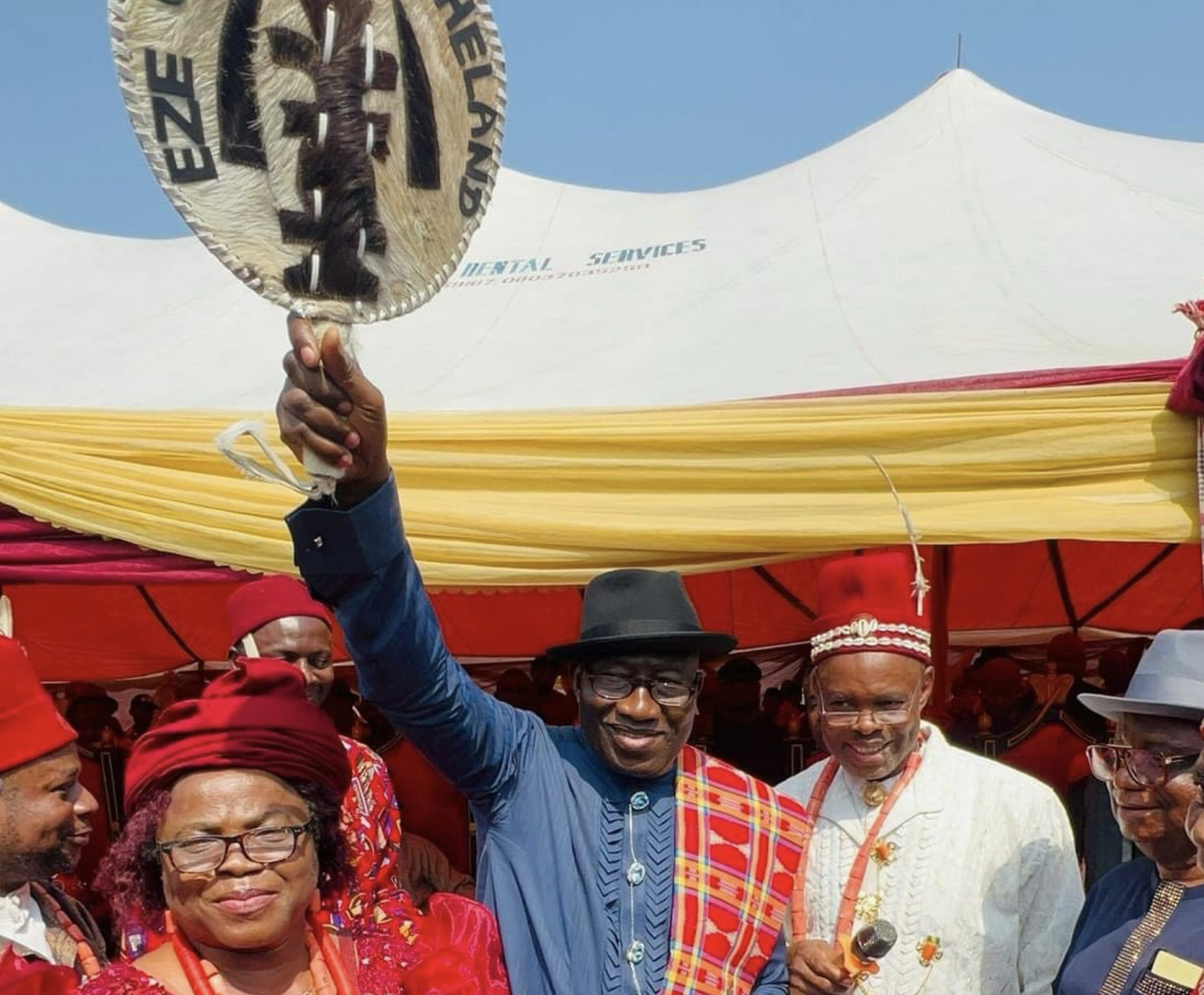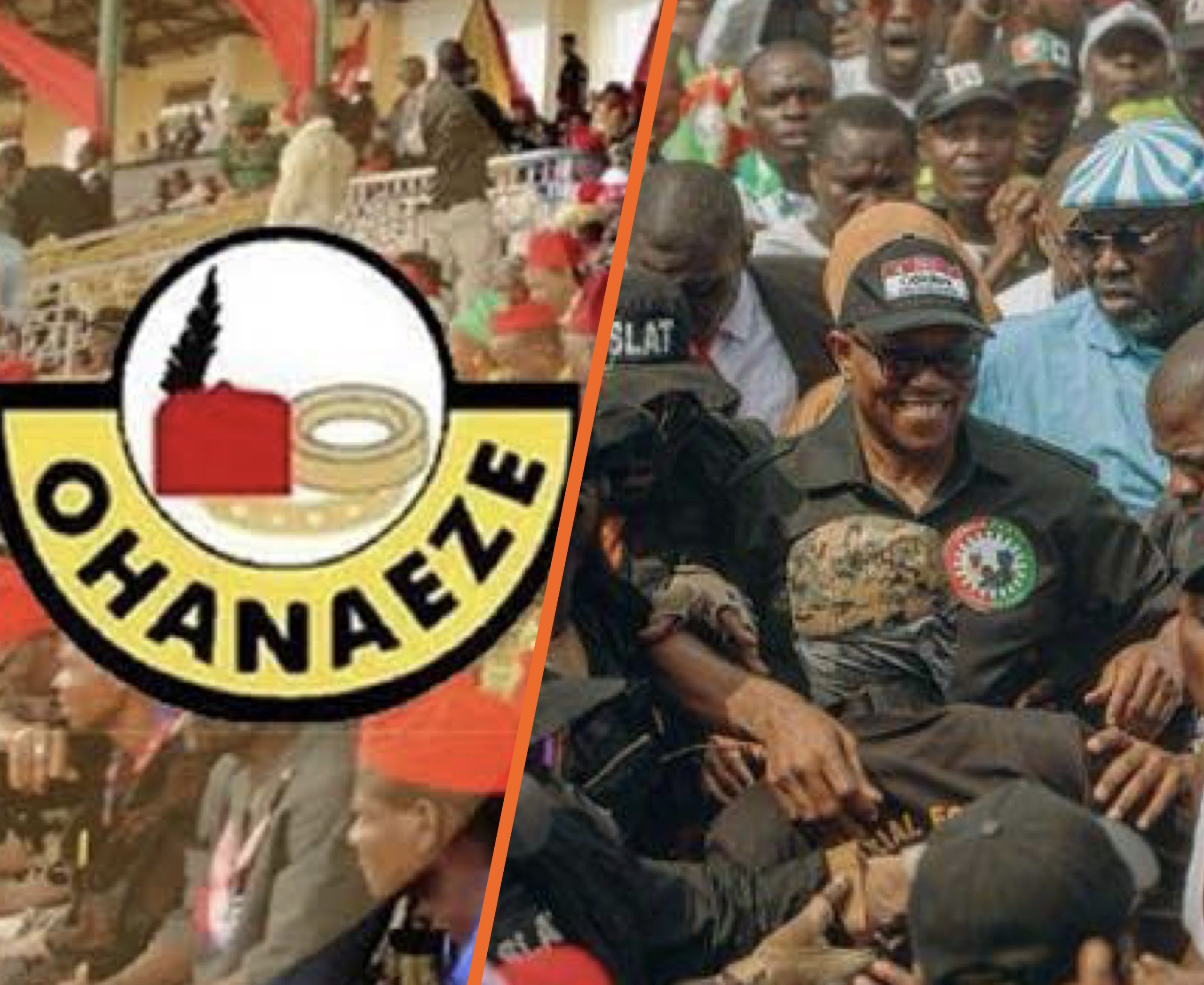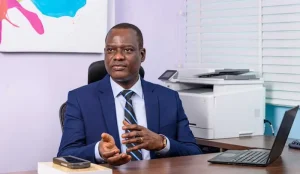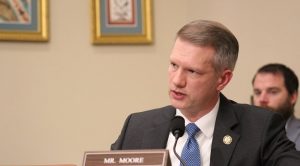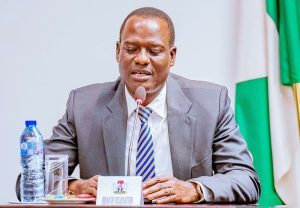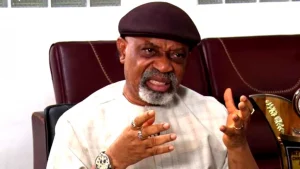Nigeria’s Looming Crisis: Deepening Poverty and Economic Struggles
Nigeria’s Looming Crisis: Deepening Poverty and Economic Struggles
When the World Bank projected that over 100 million Nigerians would fall into poverty by 2024, it wasn’t a mere prophetic statement, nor was it rooted in hate speech or unsubstantiated rumours.
This grim forecast is based on empirical data and statistical analysis. The repercussions of the abrupt removal of fuel subsidies have been severe and far-reaching, exacerbated by a lack of meticulous planning in its execution.
The global assessment of Nigeria’s inflation rate, which currently stands at approximately 26%, reveals the nation’s highest inflation levels in 17 years. This exponential increase in the cost of living has had profound implications. It signifies an impending period of hardship for citizens, marked by dwindling livelihoods and reduced standards of living, all while the cost of living continues to soar. The inevitable consequence of this grim scenario is a surge in criminal activity.
Records and statistics already indicate a doubling of the crime rate in recent months, with the potential for further exponential growth if corrective measures are not promptly implemented. Instances of daylight robbery and car hijacking have already begun to surface.
The present state of our nation is marked by pervasive suffering and unprecedented hunger. When people are unable to access basic necessities through legitimate means, their desperation to survive often leads them to engage in criminal behaviour.
It is essential to dispel the notion that impoverished individuals possess the power to single-handedly effect change. Poverty is not merely a matter of mindset but is heavily influenced by macroeconomic factors. ‘Mindset’ cannot shield individuals from the burdens of excessive taxation, a 26% inflation rate, trade restrictions, a 60% unemployment rate, and a -40% real return on savings. Supporting a family on the minimum wage becomes an insurmountable challenge.
The primary responsibility for addressing these challenges rests squarely on the shoulders of the government. In this context, quoting John F. Kennedy’s famous words, ‘Let us not ask what the government can do for us, but what can we do for our government,’ rings hollow. Poverty reduction hinges on stimulating economic growth to augment incomes and create more job opportunities for the impoverished.
This necessitates comprehensive economic and institutional reforms to enhance efficiency and resource utilization. All these ambitions can only be realized through the earnest commitment of the government to undertake the necessary tasks.
Addressing this critical issue requires both short-term and long-term strategies, as the damage has already been done.
1. Short-term strategies to mitigate the impact of the fuel subsidy removal and the devaluation of the naira include ensuring the operational functionality of at least one of the refineries, providing real-time relief measures, bolstering the agricultural sector to enhance food production, and maintaining transparent communication with the public.
2. Long-term strategies for resolving the issue encompass providing quality education, ensuring a reliable power supply, achieving the full operational capacity of all refineries, increasing investments in agriculture, reducing reliance on imports while boosting exports, and creating substantial employment opportunities.”
The prevailing challenges in Nigeria, as highlighted by the World Bank’s projection of increasing poverty rates and the nation’s highest inflation in 17 years, may seem daunting. However, there is room for optimism and practical solutions.
In the face of adversity, it’s crucial to remember that proactive and well-planned actions can pave the way for positive change and the alleviation of poverty, bringing hope and progress to the nation.
